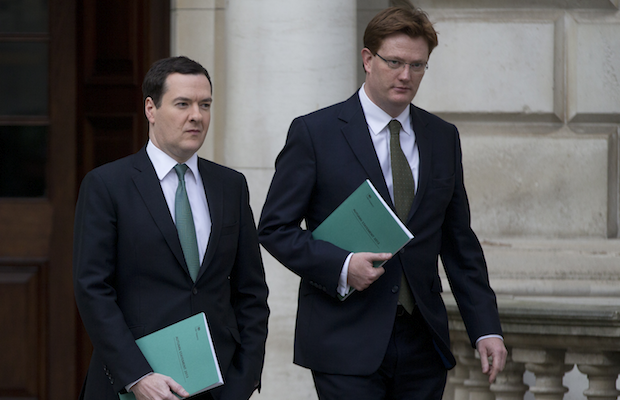Government may face legal hurdles in regulation of zero hours contracts

In the wake of the governments announcement of a 12-week public consultation on zero hours contracts, some have been questioning whether it is possible to impose to any clear regulation on the employment arrangements due their lack of of legal definition.
Global law firm Eversheds commented on the announcement:
The major problem faced by the Government is the absence of any legal definition of a zero hour contract. This matters because any attempt at regulating their use without a clear definition will inevitably be a blunt instrument and may have unintended and undesirable consequences, for example, putting up barriers to other forms of flexible work. This is one reason why the Government is signalling a cautious approach to avoid throwing the baby out with the bathwater.
A zero hour contract does not oblige the employer to provide any work for the employee or oblige the employee to accept work that is offered. There are no guaranteed hours set for work. An employee must be available to work as and when required and is paid only for the hours worked.
Zero hours contracts comply with the requirements set out in the 1996 Employment Rights Act by providing a written statement of terms and conditions of employment.
Due to no specific hours of work being set, these contracts provide a level flexibility not enjoyed by other employment arrangements. They have proved particularly popular with students and the elderly.
The Chartered Institute of Personnel and Development estimates that roughly 3-4 per cent of the British workforce are on zero hours contracts. Of those on zero hours contracts, only 14 per cent say they are dissatisfied with the number of hours they are being offered.
Labour leader, Ed Miliband has promised to crack down on the contracts claiming they are "a real problem" that needs to be addressed.
General secretary of the Trade Union Congress (TUC) said:
The growth of zero-hours contracts is one of the reasons why so many hard-working people are fearful for their jobs and struggling to make ends meet, in spite of the recovery.
The government has so far ruled a ban of the contracts. Speaking to Radio 4's Today programme, Business secretary vince Cable said:
We believe they have a place in today's labour market and are not proposing to ban them outright, but we also want to make sure that people are getting a fair deal.